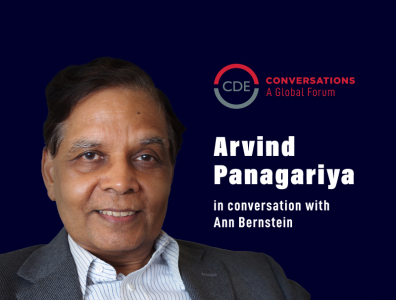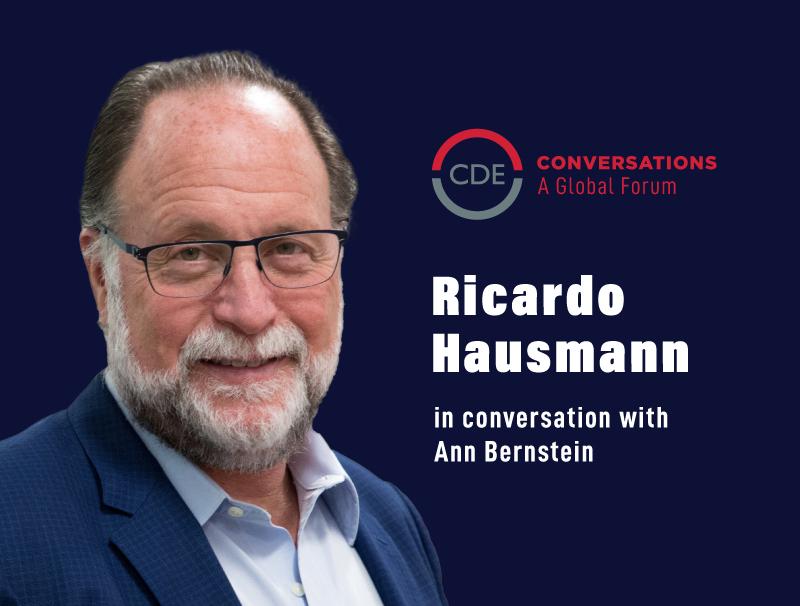
- Arvind Panagariya, Professor of Indian Political Economy at Columbia University, and former vice-chairman of the Indian government think tank, NITI Aayog with cabinet rank, spoke to CDE executive director Ann Bernstein on growth and inclusion in India.
- The rapid growth India experienced after reforms in the early 1990s was a central factor in halving Indian poverty between 1990 and 2015, he said.
- In developing countries poverty reduction must take precedence over reducing inequality. Few people migrate from Kerala, the richest Indian state, to extremely poor but much more equal Bihar. There is massive migration in the other direction because, rather than being concerned about inequality, poor people mostly want to improve their chances of escaping poverty.
- According to Panagariya developing countries can still succeed in low-skill manufacturing in today’s global marketplace. He argued that the market for these goods remains massive and is growing. In addition, the threat of automation is greatly exaggerated.
- An export focus allows countries to produce more of what they are good at producing. Protectionist policies reverse this, while disconnecting firms from very large global opportunities to learn, innovate and expand. That is why every country that has succeeded has done so by choosing to be an active participant in the global marketplace.



